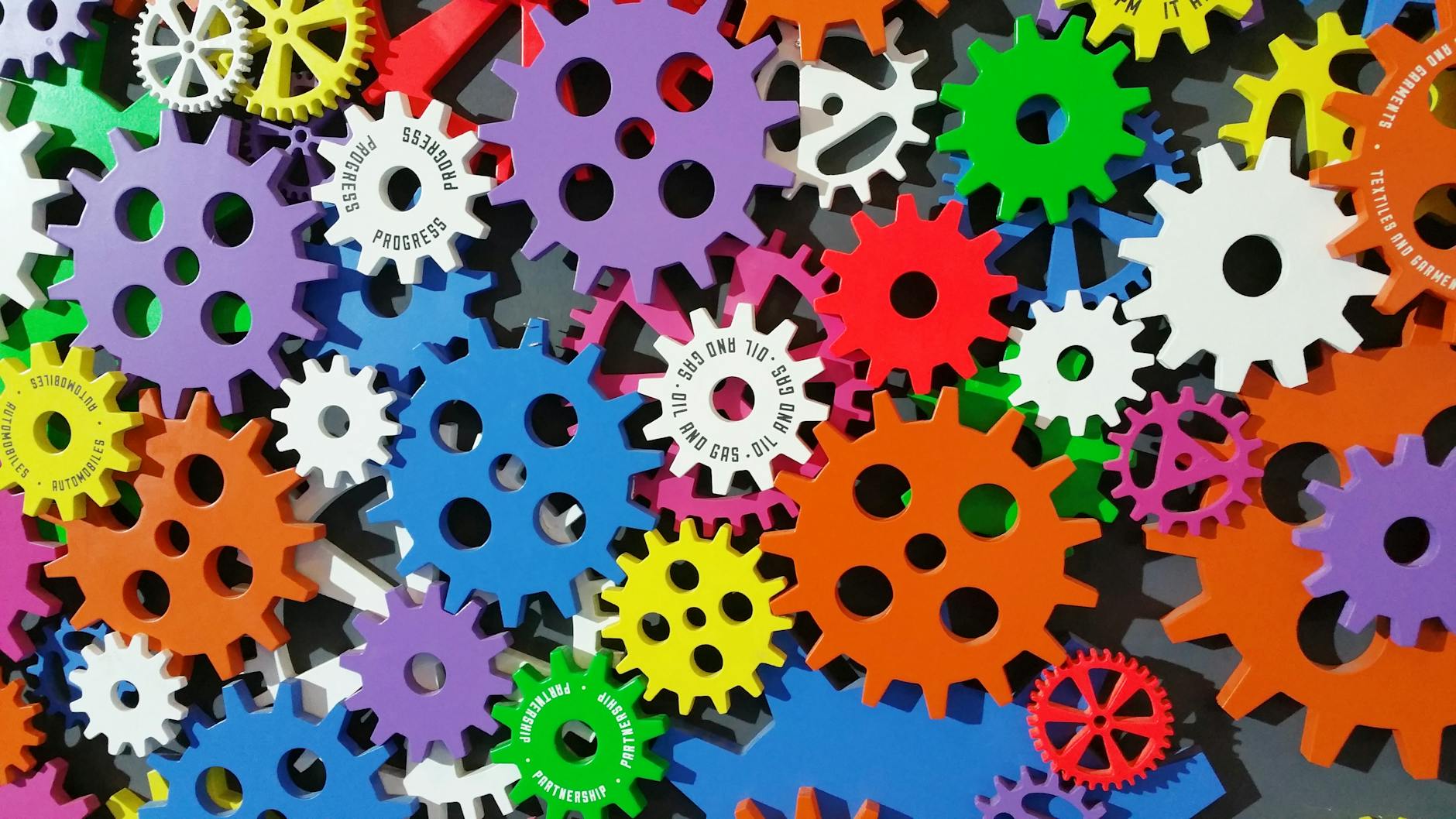Photo by Digital Buggu on Pexels
Duolingo is pivoting to an “AI-first” strategy, CEO Luis von Ahn announced in an internal memo, signaling a significant shift in operations and workforce management. The language learning platform will prioritize integrating artificial intelligence across all functions, leading to a restructuring that reduces reliance on contractors and emphasizes automation.
This move is aimed at boosting efficiency in content development, streamlining workflows, and achieving greater scalability. The company plans to automate tasks where feasible, potentially phasing out certain contractor roles. Employee performance will also be evaluated on AI tool utilization.
Von Ahn stated that future hiring will depend on teams’ ability to leverage AI for automation, viewing AI as essential for providing accessible language education worldwide. This approach echoes a broader trend in the tech sector, with companies like Shopify also pushing for AI-driven productivity gains.
Duolingo is committed to employee well-being, offering training and support to adapt to AI-driven workflows. The company emphasizes that the goal is not wholesale replacement of employees, but rather empowering them to focus on more complex and creative tasks by eliminating bottlenecks. Duolingo sees its early embrace of mobile technology as a parallel to its current AI strategy, aiming for a competitive edge through innovation.
While acknowledging that complete automation is a long-term project with potential challenges, Duolingo believes that swift action is crucial to capitalize on the advantages of AI. The company plans to provide regular updates on its “AI-first” journey.
